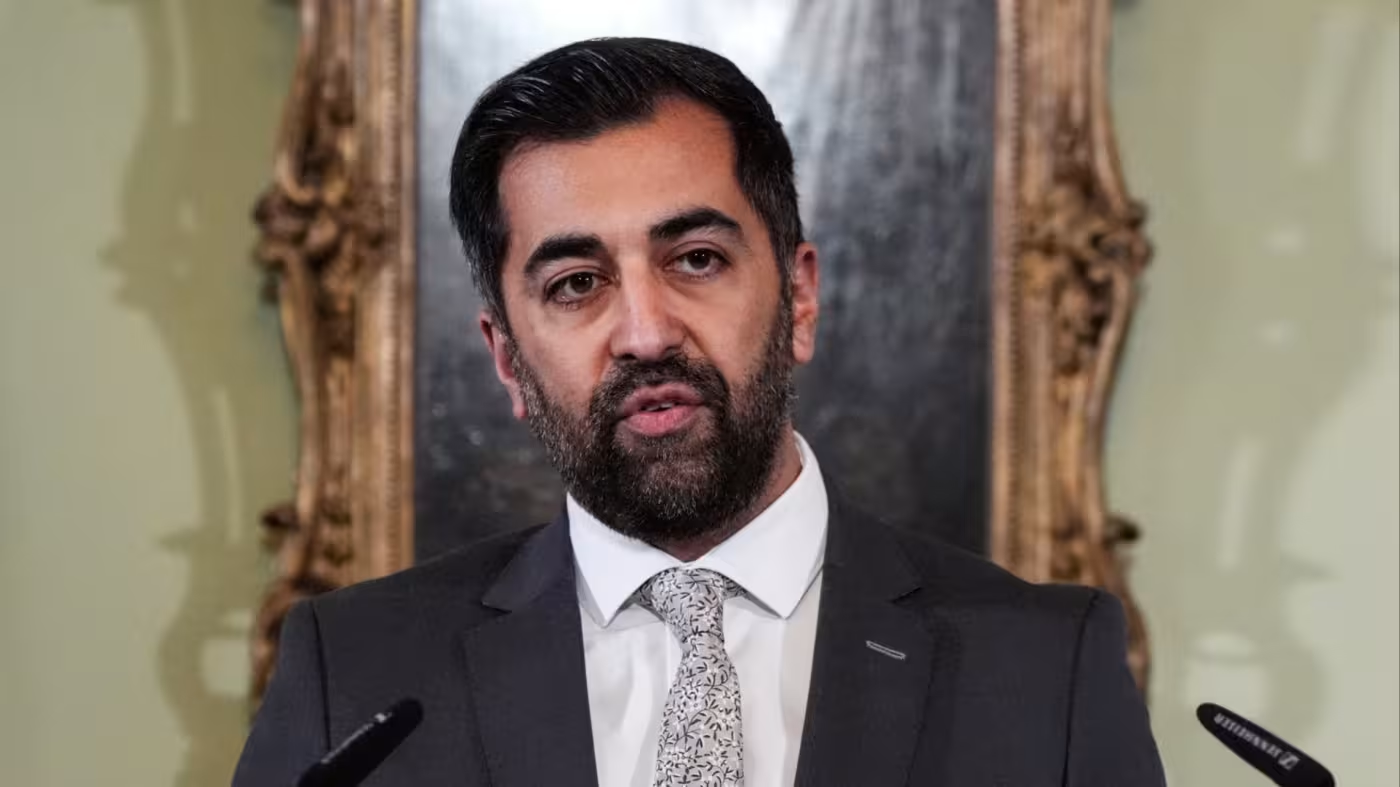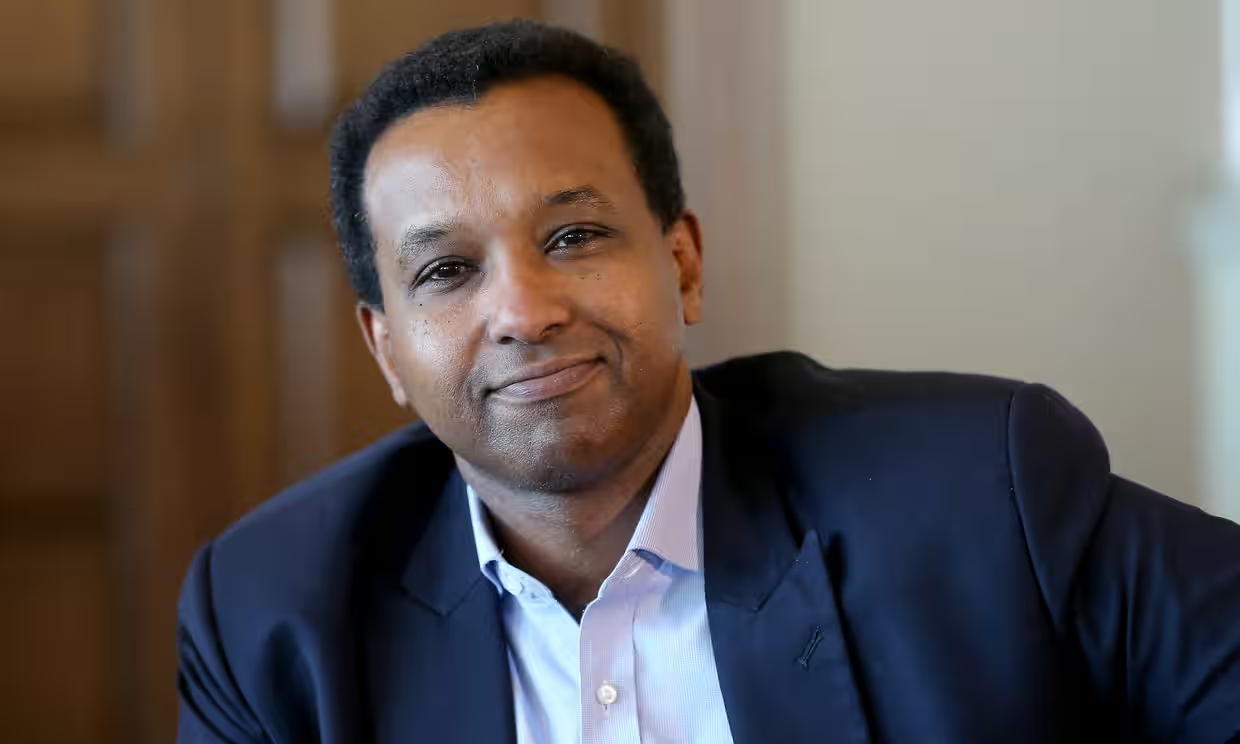
By: TRT WORLD
Cairo’s “Summit for Peace” was meant to be a diplomatic breakthrough towards a ceasefire in Gaza, but its failure revealed what one analyst called the “fault lines” between Muslim, Arab countries and Western states on the Israeli-Palestinian conflict.
In their opening addresses on Saturday, Muslim leaders and Western delegates agreed on the need for aid to reach Palestinians in Gaza, besieged and under Israeli bombardment.
But after hours of discussion, they found common ground on little else, with the meeting ending without a concluding statement.
“The disagreement was over condemning Israel, which Western states refused to do,” an Arab official told AFP on Sunday, requesting anonymity because they are not authorised to speak to the media.
Instead, they sought a statement that placed “responsibility for the escalation on Hamas”, which Arab states refused, according to a different Arab diplomat.
On October 7, Hamas fighters launched a multi-pronged assault in Israel, according to Israeli officials.
Israel has hit back with a relentless bombing campaign that has killed more than 4,700 people in Gaza, mainly civilians, according to Palestinian officials, and cut off supplies of water, electricity, fuel and food.
‘Dialogue of the deaf’
Though a number of Arab leaders condemned the loss of Israeli civilian life, they refused to place the onus on Hamas for the bloodshed.
Another point of contention, diplomats said, was Western diplomats wanting to call for the release of hostages abducted by Hamas.
Arab countries, with Qatar in the lead, have been negotiating their release in talks which could have been jeopardised if they signed alongside countries who have supported “Israel’s right to defend itself”, diplomats said.
With nothing left on the table, the meeting amounted to little more than a “dialogue of the deaf”, according to regional expert Karim Bitar, and ended quietly.
The sole statement released was one from the Egyptian presidency — drafted with the approval of Arab attendees, diplomats said — that said decades of band-aid diplomacy had failed to find “a just and lasting solution to the Palestinian issue”.
The summit, Bitar told AFP, “perfectly illustrates the deepening fault lines between the West and the Arab world, and the Global South more broadly,” as decades have not dulled “the persistence of the Palestinian question”.
‘No to normalisation’
Though the list of Arab states with ties to Israel has grown in recent years, popular anti-Israel sentiment has remained strong.
Mass protests in support of the Palestinians have erupted in the region and beyond, with Egyptians taking to Cairo’s iconic Tahrir Square on Friday for the first time in years after protests in the country were banned.
In Morocco — which along with the United Arab Emirates and Bahrain signed the 2020 US-brokered Abraham Accords, establishing diplomatic relations with Israel — tens of thousands of protesters chanted “No to normalisation”.
On what was dubbed the “Friday of Rage”, crowds in Bahrain chanted “Death to Israel!”
Across the Arab world, solidarity with Palestinians is still one of few causes capable of rallying consensus and mobilising political action.
“Many have pushed against this centrality,” according to Bitar.
“For 20 years, we’ve been told to ‘move along, there is nothing to see here, it has become a minor, low-intensity conflict’,” he said.
‘Fall apart in our hands’
But the idea of “drowning out the Israeli-Palestinian question in an economic mega-deal between the Gulf and Israel” turned out to be a “pipe dream”, he continued.
Since hostilities began, Iraqi Prime Minister Mohamed Shia al-Sudani — whose government is supported by Iran-backed factions — has condemned the “genocide” undertaken by “the Zionist occupier” on Palestinians.
Egyptian President Abdel Fattah el Sisi meanwhile sounded the alarm, warning that the region’s most fundamental peace deal — the 1979 peace treaty between Egypt and Israel — could “fall apart in our hands”.
King Abdullah II of Jordan — which became the second Arab state to recognise Israel in 1994 and hosts more than two million Palestinian refugees — said on Saturday the war had revealed a culture of “global silence” on Palestinian death and suffering.
“The message the Arab world is hearing is loud and clear: Palestinian lives matter less than Israeli ones.”
After the abortive end to the Cairo summit, French Foreign Minister Catherine Colonna said world leaders “must work to put the Palestinian question at the centre of concerns”.
Briefing reporters after the meeting, she said, “see you in six months” for the next “Summit for Peace”.
SOURCE: TRTWORLD AND AGENCIES





























